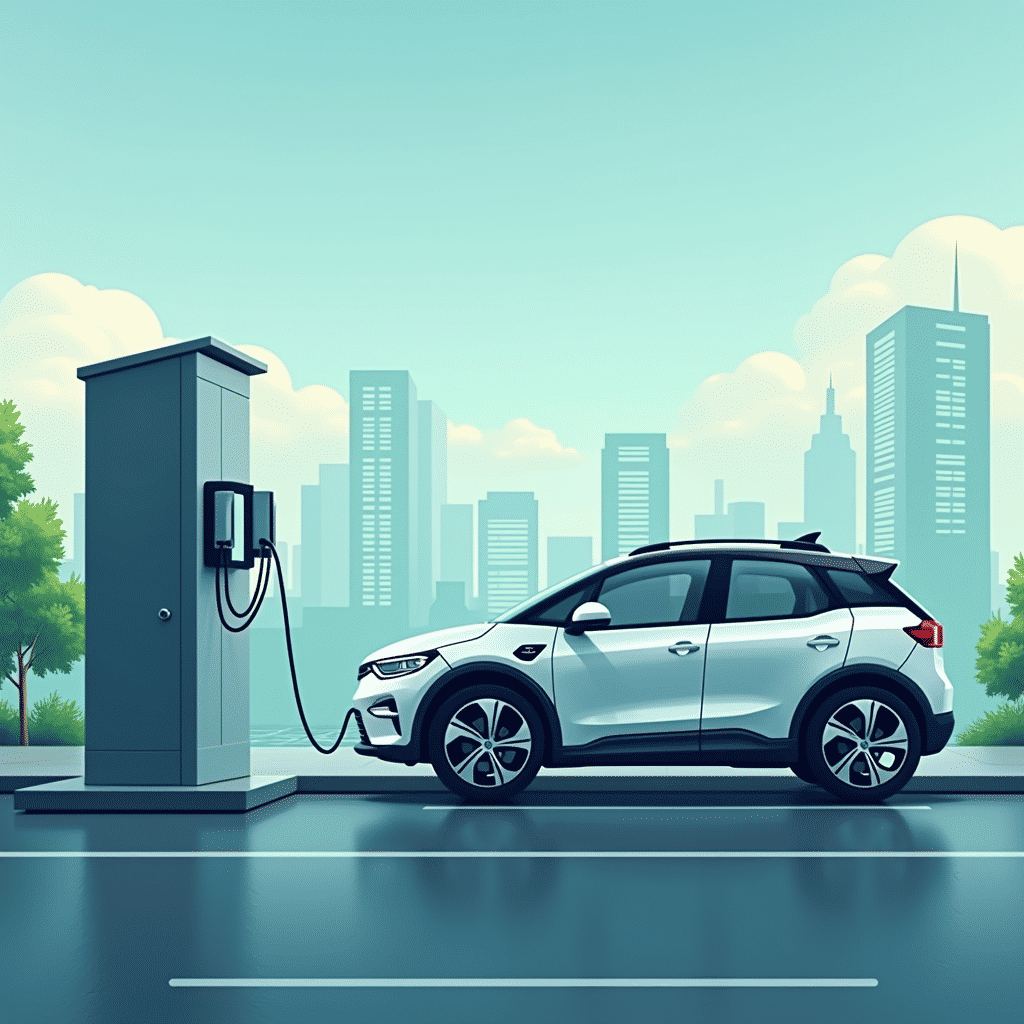As we step into a new era of innovation, electric vehicles (EVs) are at the forefront of a significant shift in the automotive industry. Their rise marks a pivotal moment as they redefine not only how we commute but also our relationship with the environment.
One of the most significant impacts of EVs is on the planet. Unlike traditional vehicles that rely on combustion engines and fossil fuels, EVs operate using electricity, which can be sourced from renewable energy. This transition considerably reduces the emissions that contribute to air pollution and climate change. As the infrastructure for renewable energy continues to grow, the potential for a cleaner and greener transportation future becomes increasingly attainable.
The driving experience with electric vehicles is another area undergoing transformation. Electric motors provide instant torque, delivering smooth and rapid acceleration compared to conventional cars. This feature not only enhances driving pleasure but also introduces a new dimension to urban commuting, making it quieter and more responsive.
Moreover, advancements in battery technology are pivotal in extending the range and efficiency of these vehicles. Breakthroughs in this field continue to address past concerns regarding limited range and long charging times. These innovations make EVs a more practical choice for a broader audience, bridging the gap between technological potential and everyday usability.
With the expansion of charging networks, recharging an electric vehicle is becoming more accessible and convenient. Stations are increasingly available in urban areas, allowing drivers to top up quickly while running errands. Innovative solutions like fast charging and wireless charging are also gaining traction, further enhancing the convenience factor.
Furthermore, the move towards electric vehicles encourages automotive manufacturers to rethink vehicle design. Without the need for traditional engines and transmission systems, designers have more freedom to optimize interiors and exteriors, resulting in cars that are as aesthetically appealing as they are functional.
In addition to individual benefits, the widespread adoption of EVs could lead to systemic changes in urban planning and energy distribution. Large-scale integration of EVs may prompt cities to enhance their infrastructure, fostering smarter energy grids and more efficient public transportation systems.
Ultimately, electric vehicles symbolize more than just a trend in the automotive industry; they represent a crucial step towards sustainable innovation. As technology progresses and society embraces this change, we are inching closer to a future where mobility and environmental stewardship go hand in hand. The journey towards widespread EV adoption is one not just of technological evolution, but of a collective shift towards responsible and conscious travel.
